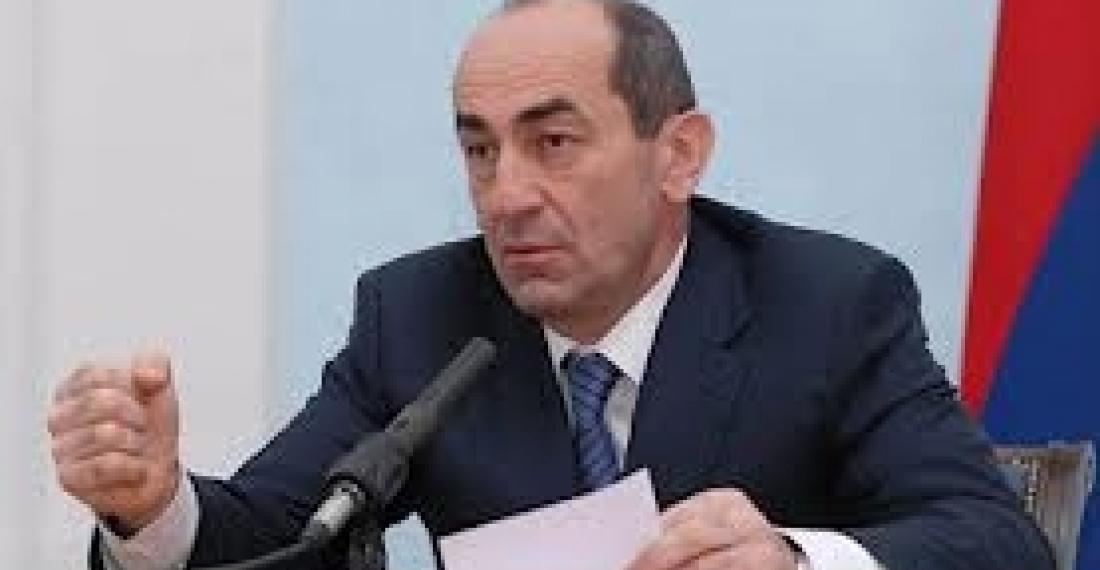If extradition and pardoning of the Azerbaiani officer Ramil Safarov, who decapitated Armenian officer Gurgen Margaryan, is not the result of a criminal collusion of Hungary with Azerbaijan, Budapest must recognize independence of the Nagorno Karabakh Republic, says the statement disseminated by the Office of the ex-president of Armenia Robert Kocharyan, on September 4.
"The actions by the Azerbaijani authorities are not surprising. It is a well-thought display of Armenophobia developed in that country yet long ago. Remembering Sumgait, massacre of Armenians in Baku and the 'Alley of Shekhids' in memory for the pogrom-makers, one once again makes sure that Nagorno Karabakh cannot be part of Azerbaijan irrespective of its status and such unchangeable stance of the Armenian party is right. In Azerbaijan they are so occupied with hatred towards Armenians, that they forgot about morality. Azerbaijani president's decree to pardon the murderer is the best argument in favor of the Karabakh people's self-determination. The response of the Hungarian party will show whether Azerbaijan really deceived Budapest or not. If there was no collusion, the best response of Hungary will be recognition of NKR," the statement reads.
On August 31 the Armenian authorities adopted a decision to suspend diplomatic relations and official contacts with Hungary. President of Armenia Serzh Sargsyan made public the decision at a special meeting with the heads of diplomatic missions on Friday after the Hungarian authorities extradited Azeri officer Ramil Safarov, who was sentenced by a Hungarian court to life in jail for killing sleeping Armenian officer Gurgen Margaryan with an axe in Budapest in 2004. Both the officers were undergoing an English language course under the NATO PfP program. The same day after Safarov's extradition, Azeri President Ilham Aliyev decreed to pardon the criminal. The Hungarian Foreign Ministry declared that they extradited Safarov only after receiving relevant guarantees of official Baku that the criminal will continue serving his sentence in Azerbaijan.







